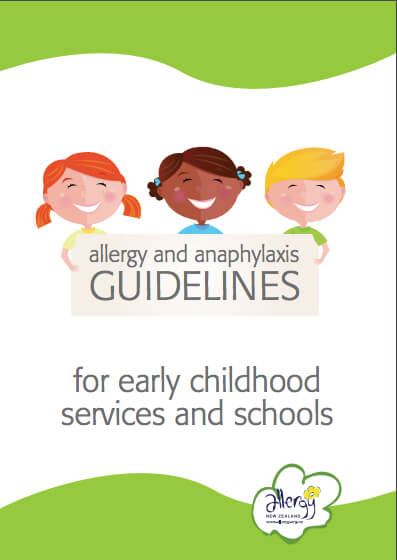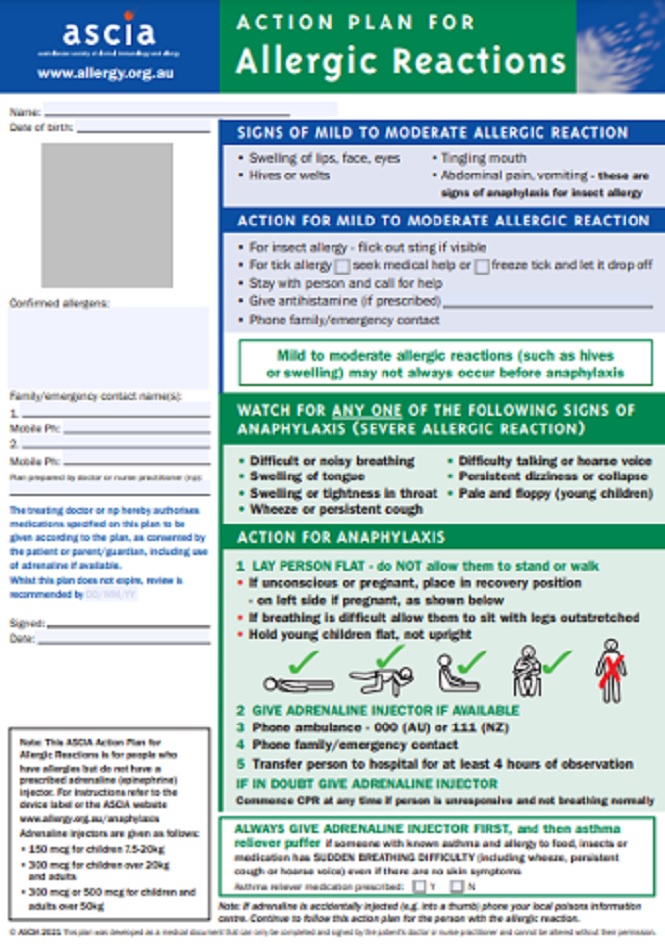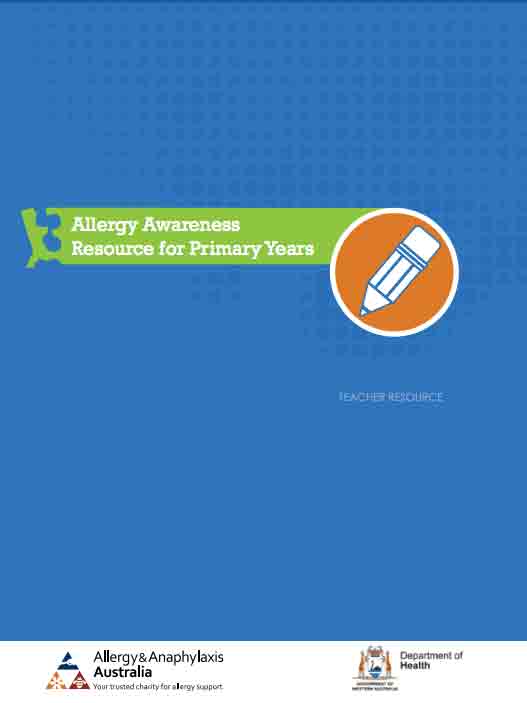Travelling with food allergies might be challenging, but careful planning can help reduce the risk of an allergic reaction.
Plan how you’re going to manage food while travelling to your destination and when you’re away.
Book self-catering accommodation with its own cooking facilities to reduce the risk of accidental exposure.
For more serious allergies that require treatment with medicine, and depending on the age of those travelling eg, young children, the location you’re travelling to eg, remote Africa, some things you might want to consider are:
- seeing your doctor first
- you may need extra supplies of your medicine or to have medicine prescribed for your travel
- to get any required vaccinations
- to help make a travel plan for anaphylaxis
- checking your airline's policy on medicines
- getting travel insurance
- telling those involved with handling food about your food allergy.









